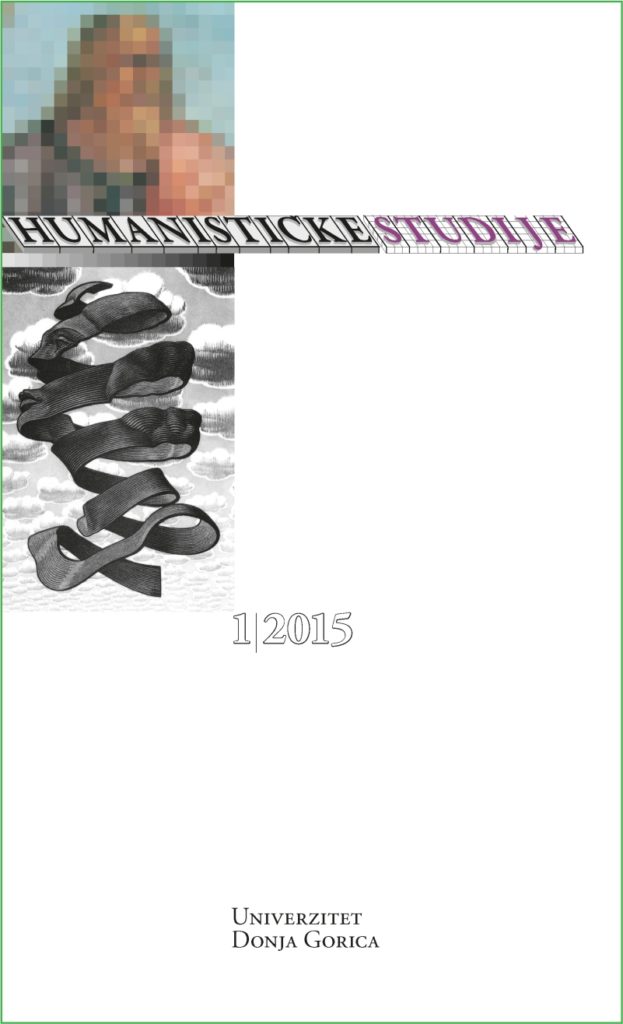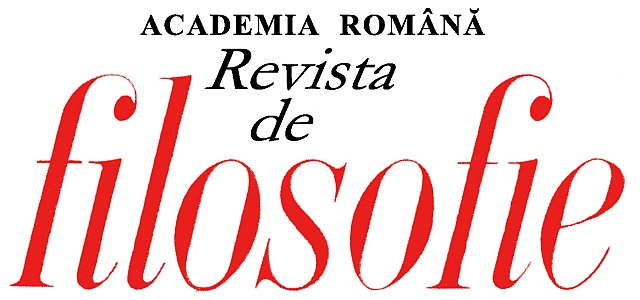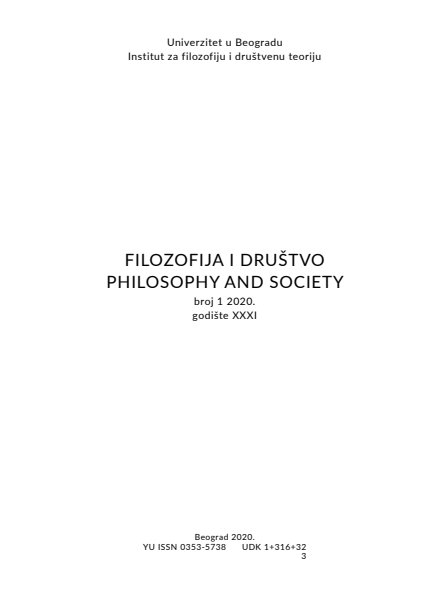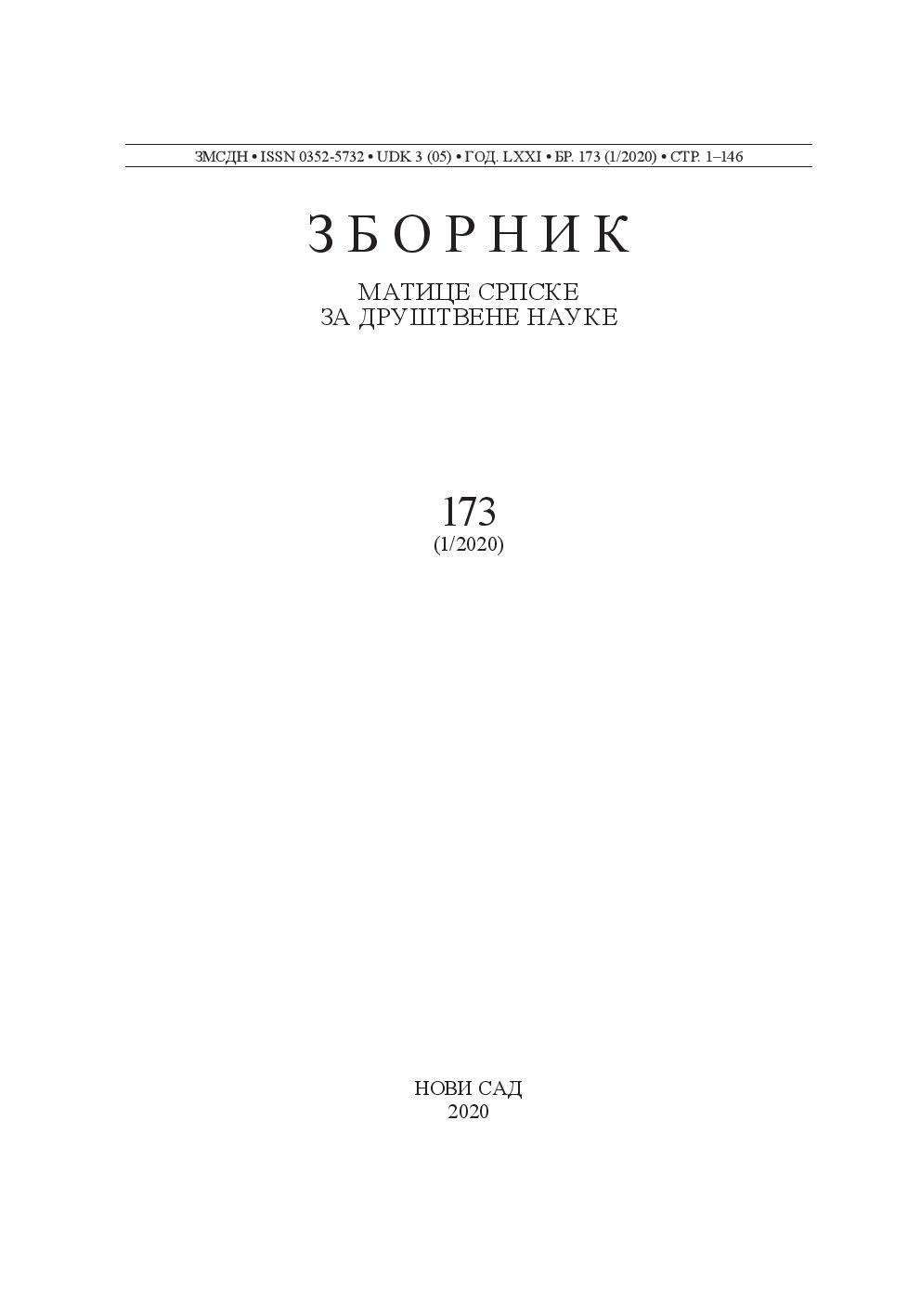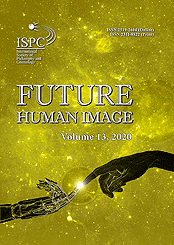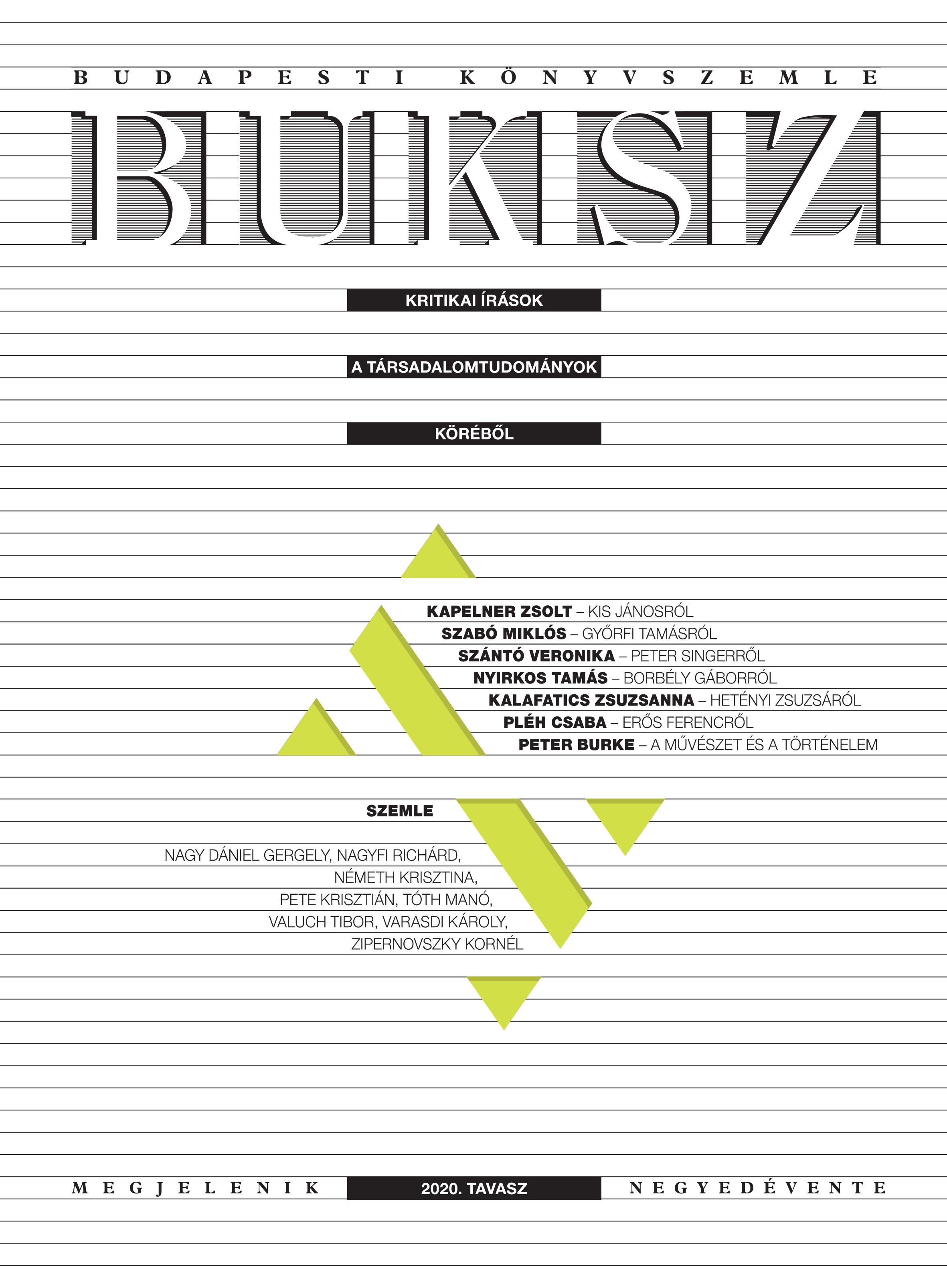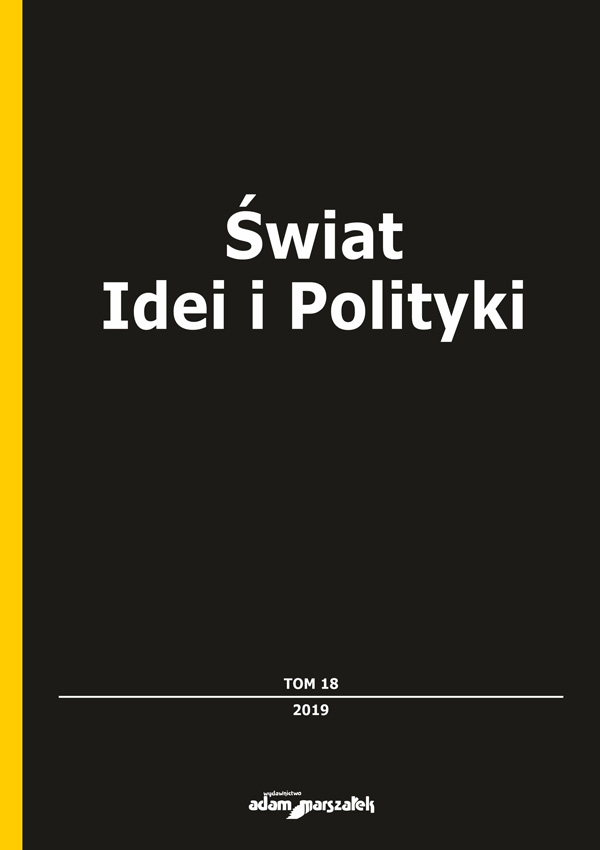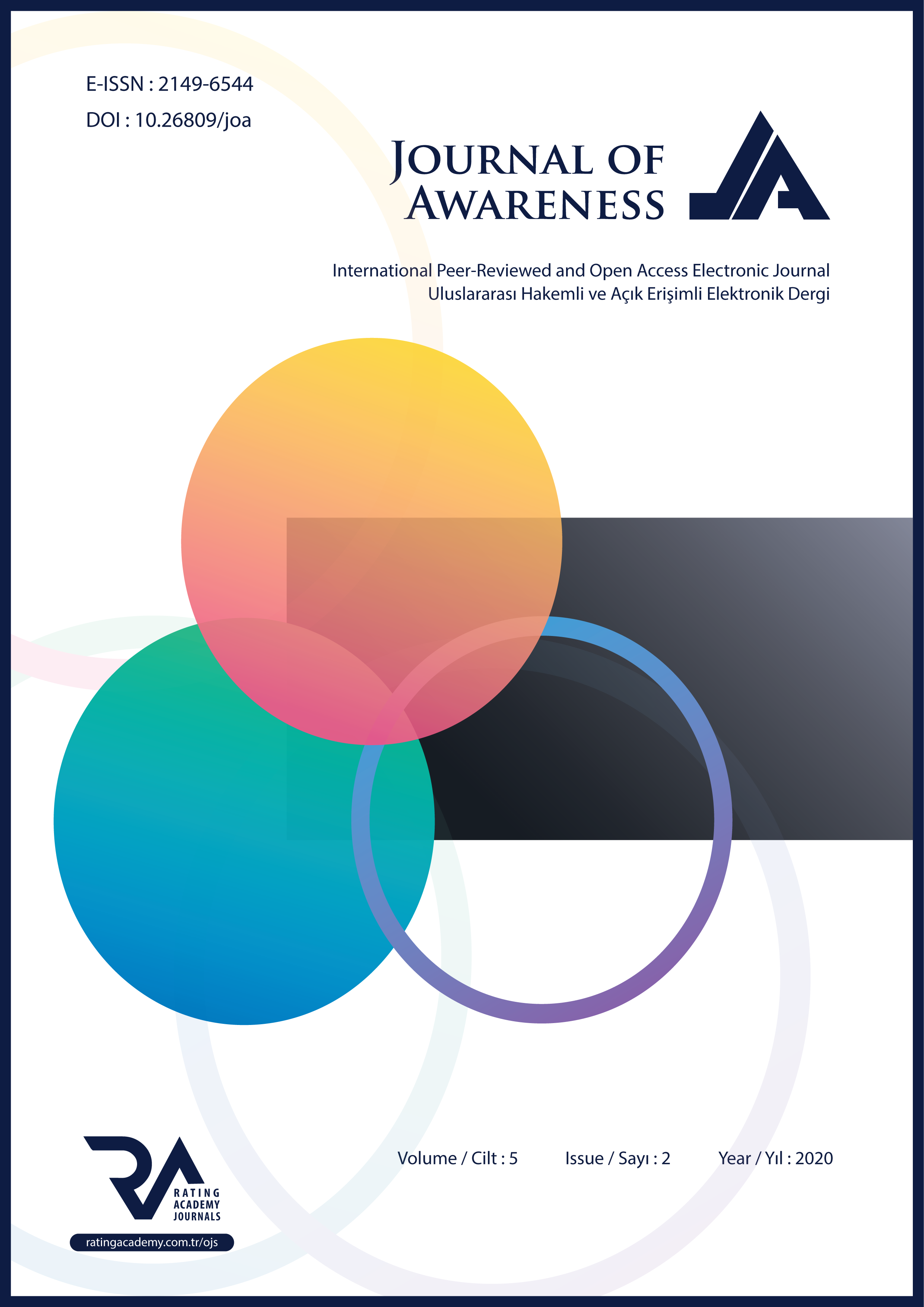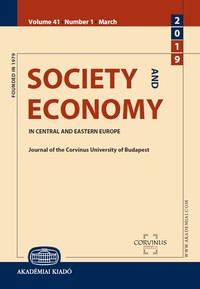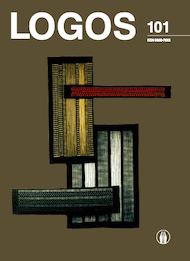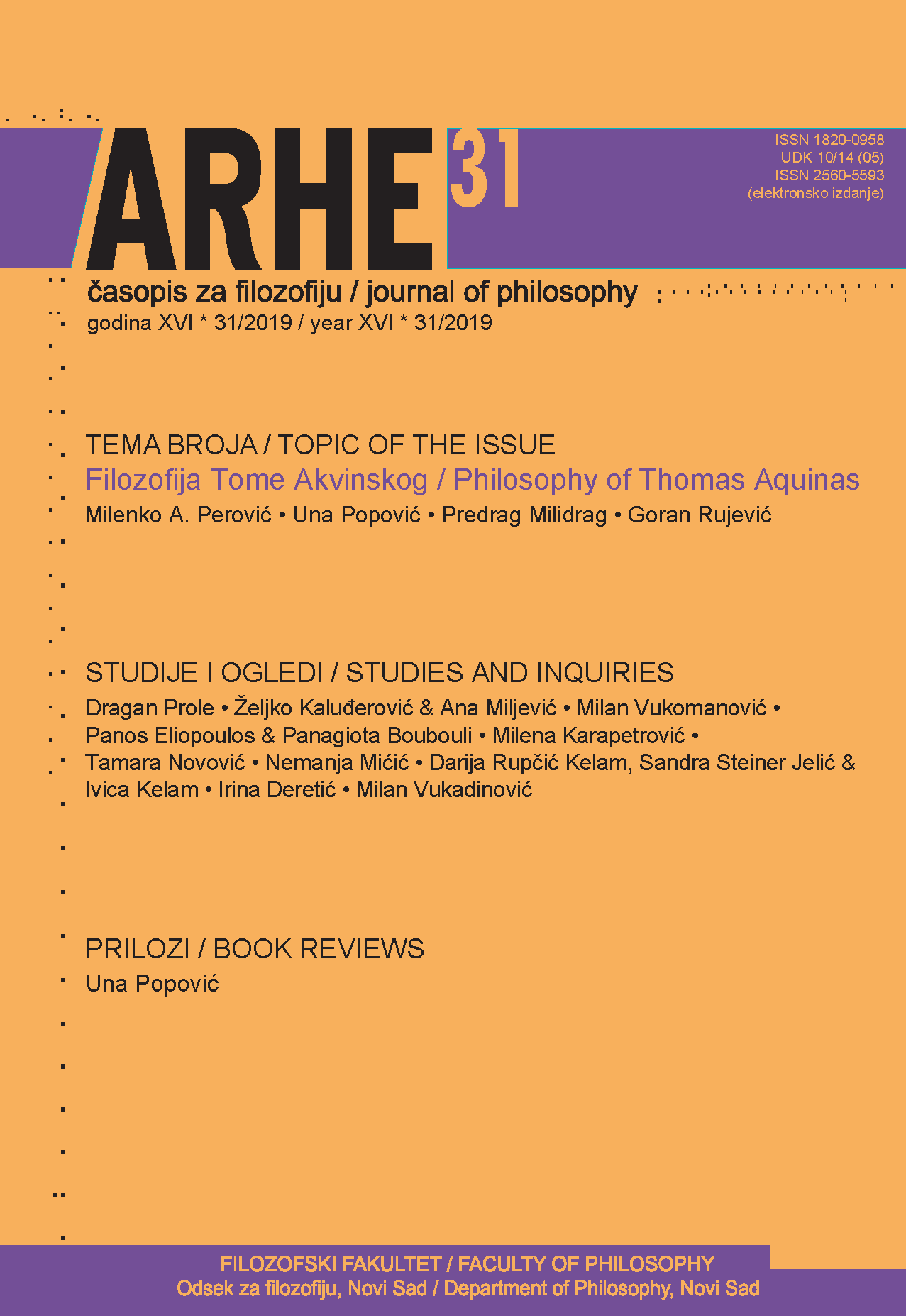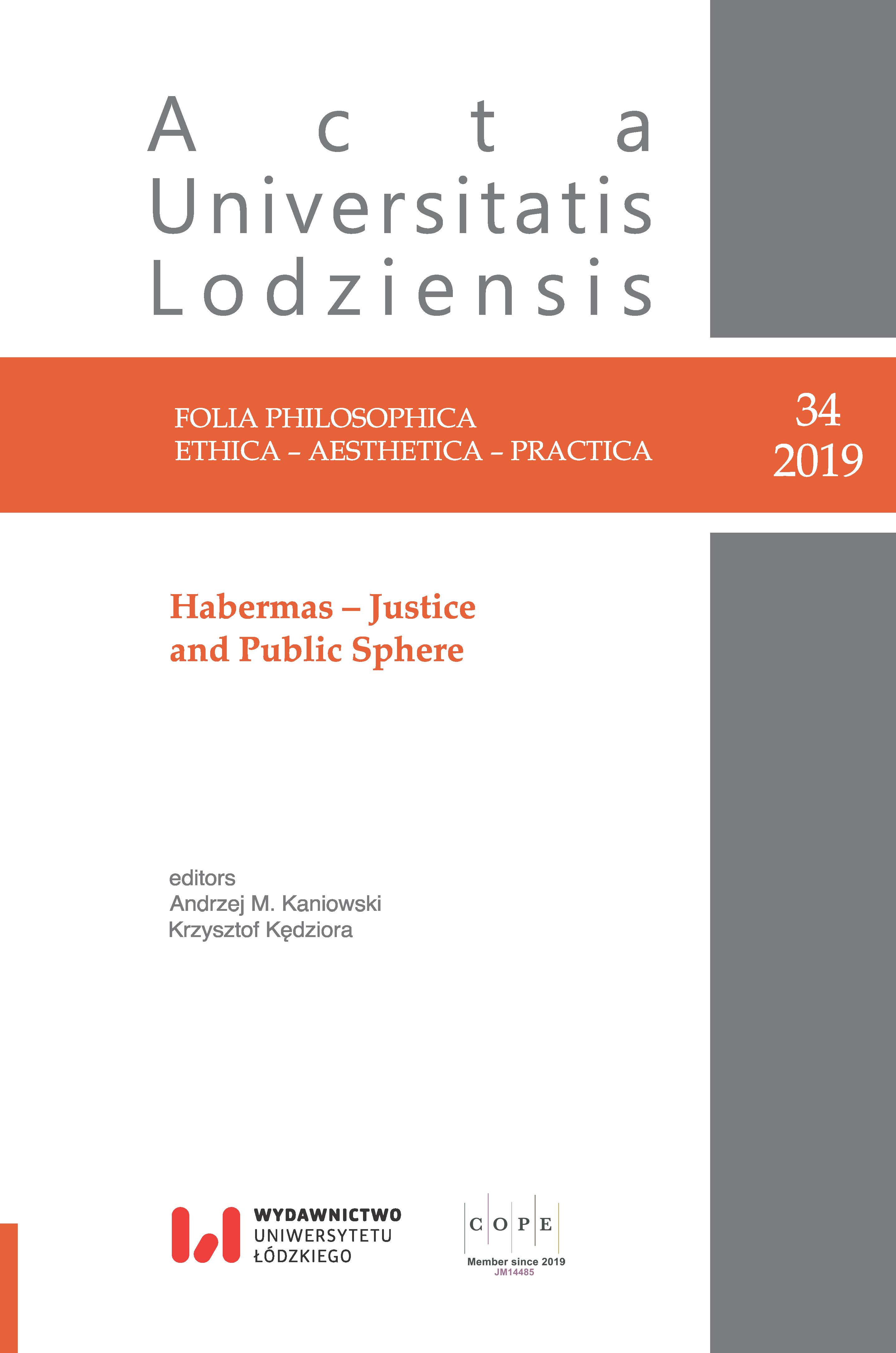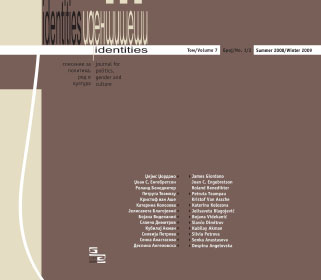
Sheer Life Revolting: The Concept of Life and Its Political Meaning in Spinoza, Agamben, and Butler
By virtue of expression intrinsic to it, Spinozian conatus of self-preservation can be defined as intensive whereas the latter, i.e., intensity, is defined by infinity (Deleuze 1990). In accordance with the immanence that defines it (the conatus of infinity), self-preservation is transgressive or hubristic. Namely, if human “appetite” consists in the necessary tendency toward an infinite power of existence, and if infinity bears the mark of – or gives mark to, i.e., defines – immortality (or godlike existence), we can conclude that human essence is hubristic. It is an inherent tendency of the finite being, always already participating in the Infinity, to endlessly increase its Desire (Spinoza’s “conscious emotion”) for perfection of life, that is, for a life that offers as complete and as undisturbed as possible state of pleasure.
More...
